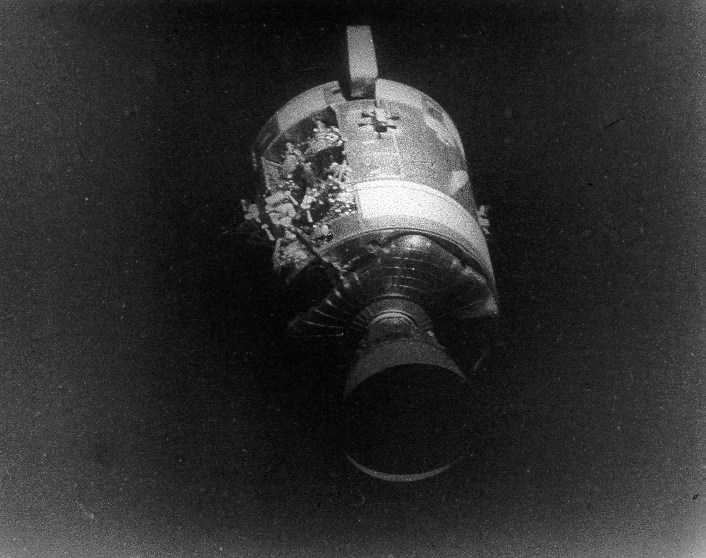Adaptive Expertise
 " A distinguishing feature of adaptive expertise is the ability to apply knowledge effectively to novel problems or atypical cases in a domain without glossing over distinctive factors. Holyoak[5] characterised adaptive experts as being capable of drawing on their knowledge to invent new procedures for solving unique or fresh problems, rather than simply applying already mastered procedures. Adaptability allows experts to recognize when rules and principles that generally govern their performance do not apply to certain problems or situations.[6] Moreover, studies have shown that this flexibility can result in better performance than that of experts who do not display cognitive flexibility, resulting in, amongst other things, better technical trouble shooting;[6] workplace error avoidance; and more accurate medical diagnosis.[7] John D. Bransford considers this flexible, innovative application of knowledge, in large part, underlies adaptive experts" greater tendency to enrich and refine their understanding on the basis of continuing experience to learn from problem-solving episodes.[4]' "(Source)
" A distinguishing feature of adaptive expertise is the ability to apply knowledge effectively to novel problems or atypical cases in a domain without glossing over distinctive factors. Holyoak[5] characterised adaptive experts as being capable of drawing on their knowledge to invent new procedures for solving unique or fresh problems, rather than simply applying already mastered procedures. Adaptability allows experts to recognize when rules and principles that generally govern their performance do not apply to certain problems or situations.[6] Moreover, studies have shown that this flexibility can result in better performance than that of experts who do not display cognitive flexibility, resulting in, amongst other things, better technical trouble shooting;[6] workplace error avoidance; and more accurate medical diagnosis.[7] John D. Bransford considers this flexible, innovative application of knowledge, in large part, underlies adaptive experts" greater tendency to enrich and refine their understanding on the basis of continuing experience to learn from problem-solving episodes.[4]' "(Source)
Examples of Adaptive Expertise
Air filter - Apollo 13 - After the accident, NASA scientists designed an air filter using one of the command module's lithium hydroxide canisters, a flight-plan cover, a sock, a plastic bag, tape, and a spacesuit hose.
MacGyver - The story arc of MacGyver follows the laid-back, extremely resourceful secret agent Angus MacGyver.

